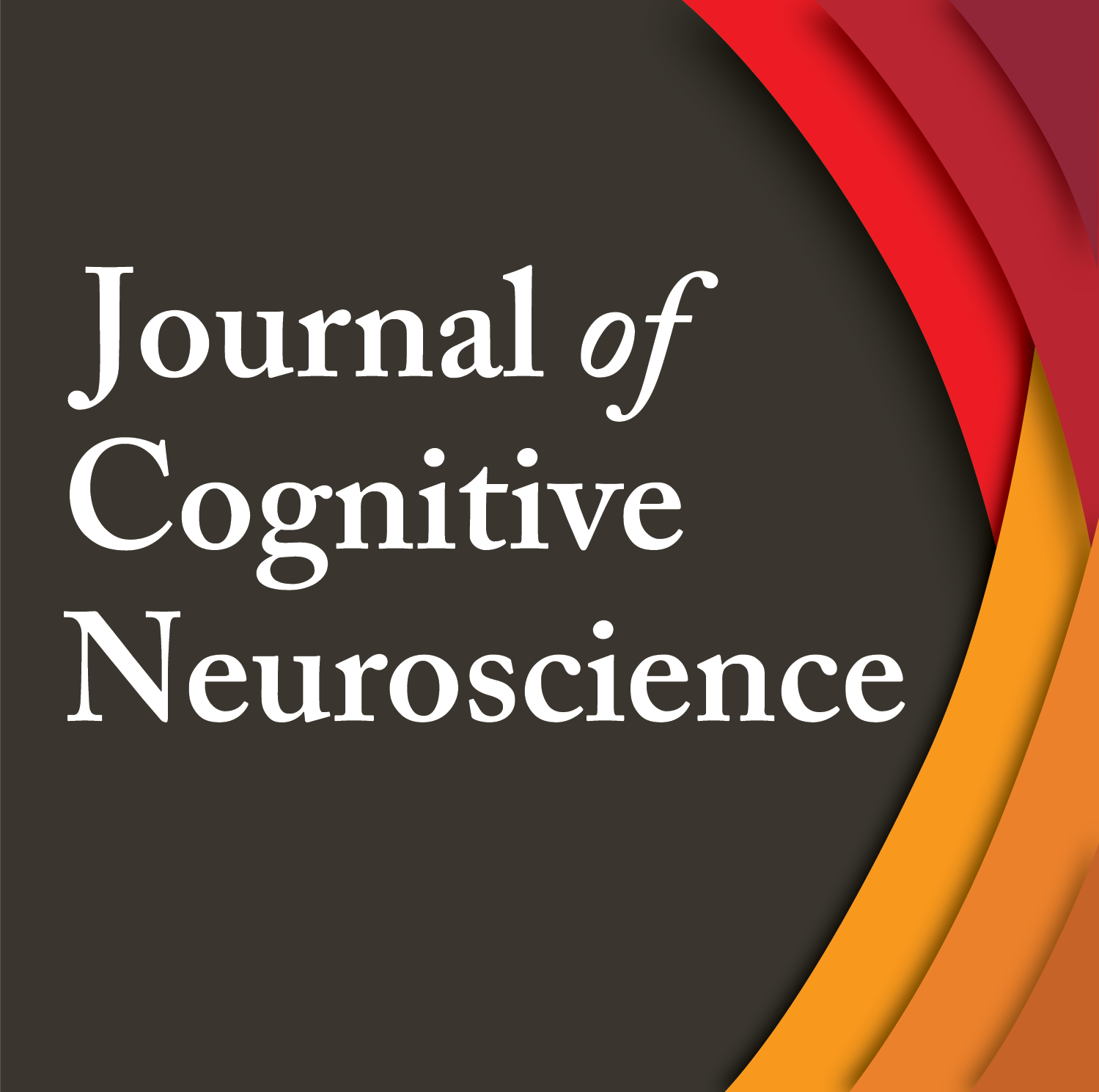Abstract
Recent investigations have implicated the parasympathetic branch of the autonomic nervous system in higher-order executive functions. These actions are purported to occur through autonomic nervous system's modulation of the pFC, with parasympathetic activity during wake associated with working memory (WM) ability. Compared with wake, sleep is a period with substantially greater parasympathetic tone. Recent work has reported that sleep may also contribute to improvement in WM. Here, we examined the role of cardiac parasympathetic activity during sleep on WM improvement in healthy young adults. Participants were tested in an operation span task in the morning and evening, and during the intertest period, participants experienced either a nap or wake. We measured high-frequency heart rate variability as an index of cardiac, parasympathetic activity during both wake and sleep. Participants showed the expected boost in parasympathetic activity during nap, compared with wake. Furthermore, parasympathetic activity during sleep, but not wake, was significantly correlated with WM improvement. Together, these results indicate that the natural boost in parasympathetic activity during sleep may benefit gains in prefrontal executive function in young adults. We present a conceptual model illustrating the interaction between sleep, autonomic activity, and prefrontal brain function and highlight open research questions that will facilitate understanding of the factors that contribute to executive abilities in young adults as well as in cognitive aging.

